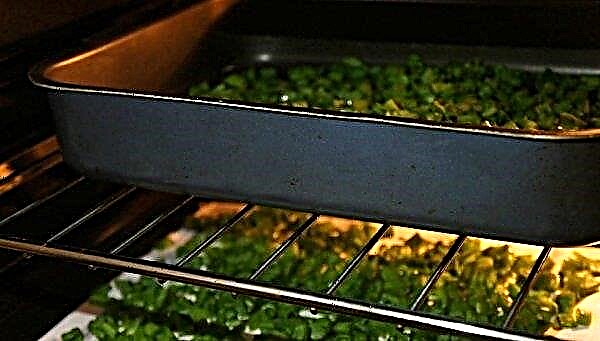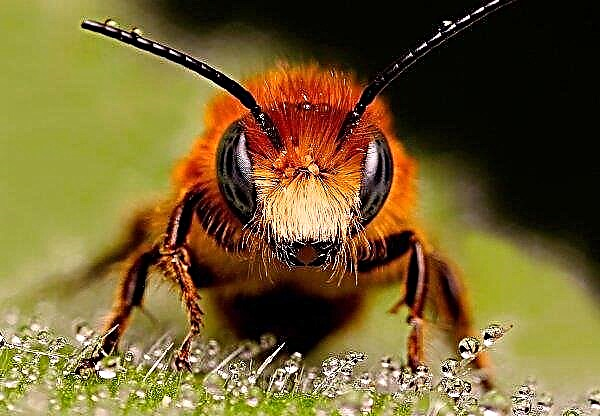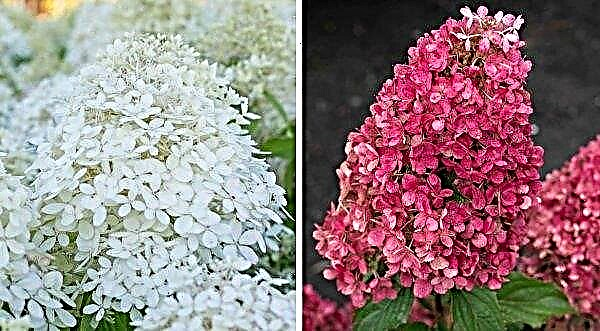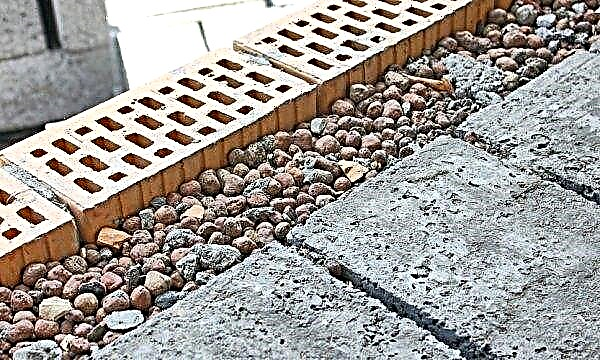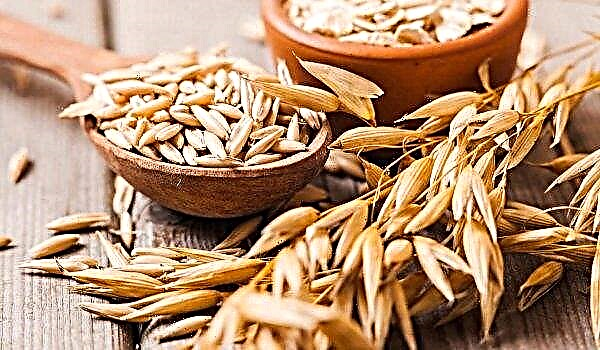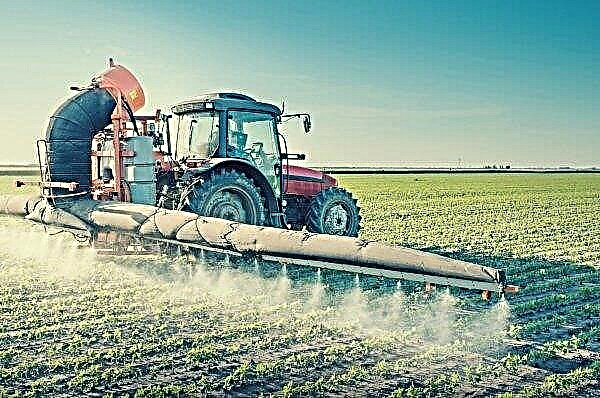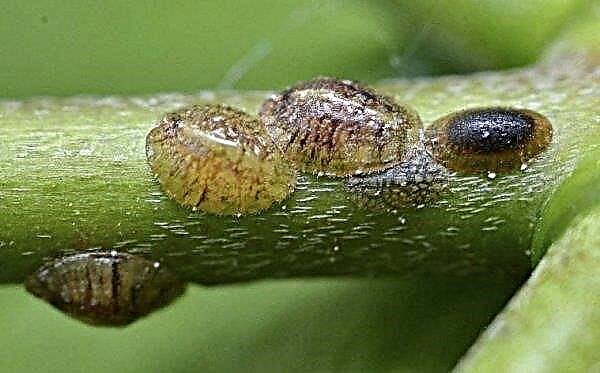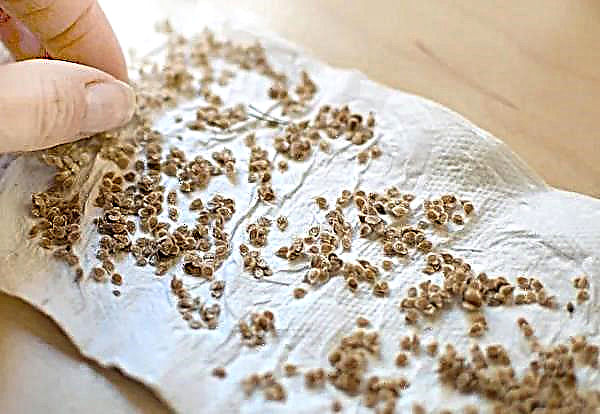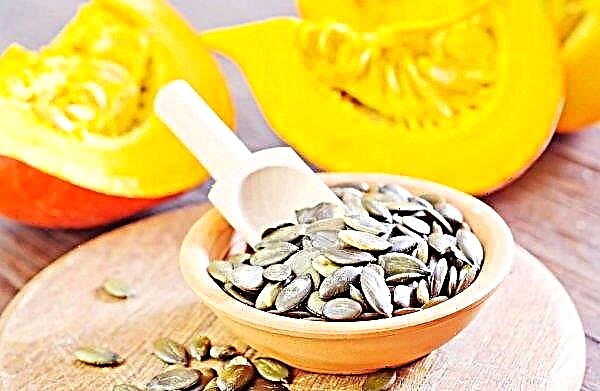The Barenbrug family and the KeyGene research company have joined forces to develop and produce rubber dandelion grades and set up a sustainable natural rubber production in Europe under the name Lion-Flex.
KeyGene, a Dutch plant research company, has conducted over 10 years of research and development in the development of rubber dandelions.
In less than 10 years, KeyGene scientists have successfully cultivated dandelion from a wild ancestor - an unfertilized plant with a low yield of rubber - lines and varieties that are economically and technically ready for production in Europe.

Lion-Flex will focus on continuing the selection of varieties of rubber dandelion and the production of the main seeds and roots of dandelion in the field. The joint venture will also strive to find the best extraction method for the efficient extraction of rubber from the roots, and also begin to identify ideal sales channels.
The demand for natural rubber is growing worldwide. Now it is still mainly produced from rubber trees, the area of which can be increased only by converting tropical forests into agricultural land. In addition, the cultivation is threatened by a fungal disease - rotting leaves.

All this creates instability in terms of accessibility and prices, the risk of scarcity and potentially unsustainable solutions associated with the ongoing destruction of tropical forests.
It is for this reason that the European Union funded research on alternative sources of natural rubber between 2008 and 2018.

During this period, universities, institutes and companies with additional investments from KeyGene provided only a relatively small step in solving this issue. Currently, varieties of rubber dandelions ready for sale have yet to be developed.

